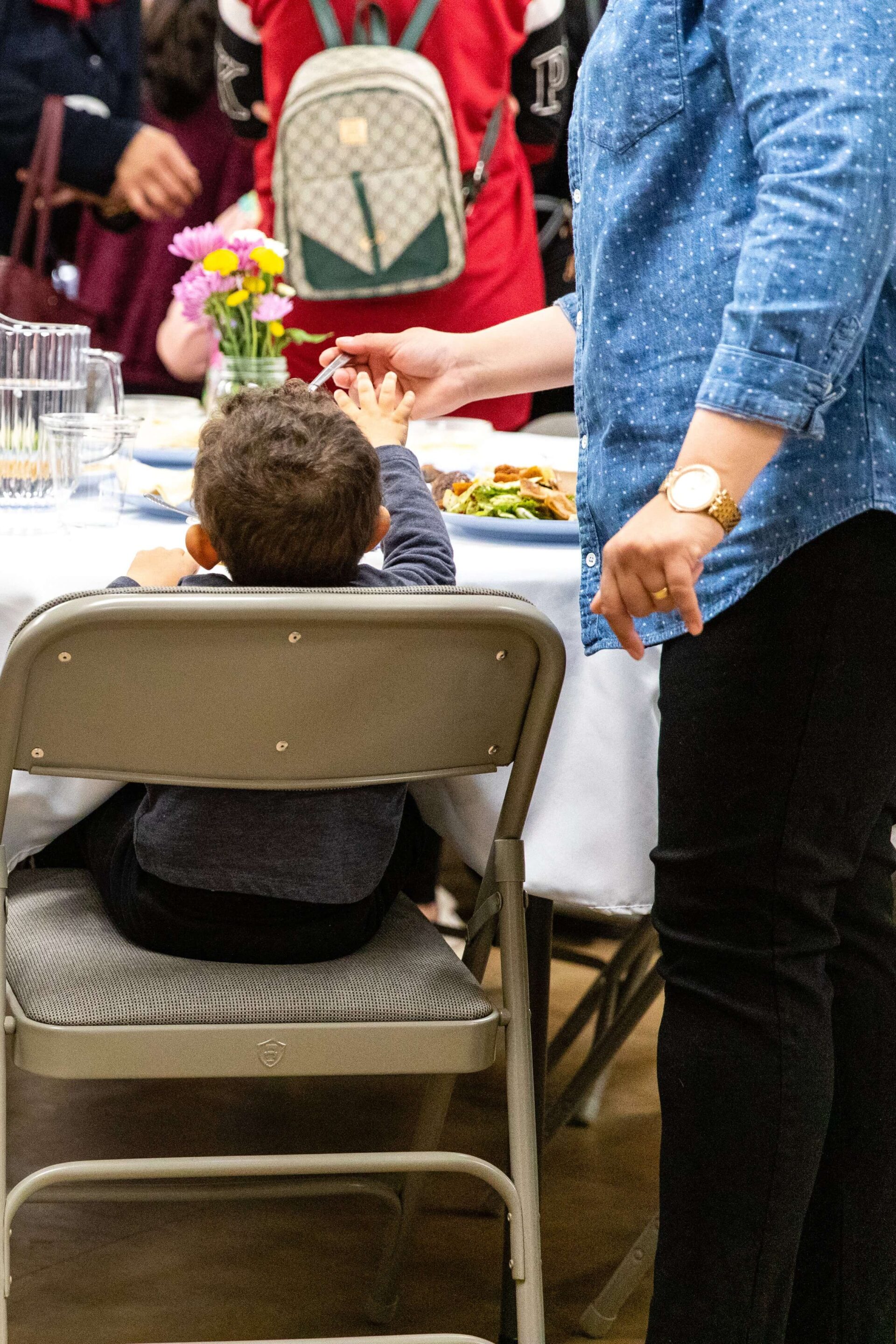Right now, many of the world’s two billion Muslims are observing Ramadan, one of the most sacred times of the year in Islam. The month-long holiday marks the period when Muslims believe Allah revealed the first verses of the Quran to the Prophet Mohammed.
It starts on the ninth month of the Islamic lunar calendar, which changes by roughly 11 days every year. For 2022, Ramadan began on Friday April 1 and will end on Sunday May 1.
Many people in Missoula’s immigrant and refugee community celebrate this holiday, which has allowed us at Soft Landing a small window into its beauty, symbolism, and festivities.
You’ve likely heard about the fasting that happens during Ramadan – and we will talk about that shortly – but, first, we want to share a little bit more about the lesser known parts of the holiday.
The holiday sometimes gets the reputation as an austere, solemn time of sacrifice and discipline.
But Ramadan is actually a chance for people to experience joy, celebration and gratitude.
Every night, people gather with friends, family and loved ones to break the fast after sunset with an Iftar gathering. They begin with water and dates – a traditional way to ease your stomach back into digestion – before some people participate in evening prayer. Afterwards, it’s time to eat!
As a way to welcome the newest Syrian families in Missoula, Soft Landing hosted an Iftar dinner for the Arab families in Missoula with whom we work. The evening was filled with laughter, good conversation and, of course, delicious food prepared by a Syrian chef in town. This dinner, enjoyed after sundown, was a wonderful reflection of how Ramadan is intended to bring people together, strengthen ties between Muslims across the world and show thankfulness for loved ones and life.
Those values are on display perhaps no more greatly than when Ramadan comes to a close. Muslims celebrate with three days of social gatherings, prayer and food called Eid al-Fitr. The word “eid” in Arabic literally translates to feast, and it marks the culmination of this season and the strength and perseverance required to fast for one month.
In Muslim countries, Eid al-Fitr is reminiscent of Christmas in the United States. People decorate their homes with lanterns and other decorations, invite huge groups of family and friends over to their house for parties and head to shopping malls to buy gifts to exchange.
Ramadan and Eid al-Fitr are also seasons of tremendous generosity. Many Muslims do most of their giving during this time, they pay their annual zakat, or donations to the Mosque, and they provide extra charity to the poor so nobody misses the celebration. During the holiday, some of the Muslim families we work with bring donations to our office for those in need and inquire about other ways they can help us in our work to welcome new neighbors.
So, while fasting is an important part of Ramadan, it’s certainly not all of it. If you’re still curious about how fasting works, here’s the rundown:
People who celebrate Ramadan fast from sunrise to sunset everyday for the whole month, forgoing all food and water. Many people start fasting at a young age – right around puberty – and continue for most of their lives. Missoulians who celebrate Ramadan have told us that it’s difficult for the first 10 days, but after that the body and mind adjust and it becomes easier to stay the course.
According to Islam, fasting serves as an important reminder of humankind’s dependence on Allah, instills compassion for those in poverty who face hunger and thirst often and removes mundane distractions to create space for devotion to and study of the faith.
It could be that many of you in Missoula work, attend school or interact in other ways with people fasting during Ramadan. We can all be mindful that while they are going about their typical schedules, they may be more fatigued and need to take breaks or they could be susceptible to dizzy spells. To be particularly considerate, you can avoid eating a delicious lunch right in front of them at the office or on Zoom and give them the traditional greeting of “Ramadan Mubarak!” to let them know you are supporting their journey.
Periods of sacrifice are shared across faith traditions around this time of year.
Many Christians celebrate Lent, a 40-day period in the Spring where people give up certain habits, foods or activities in order to prepare themselves spiritually for the celebration of Easter, one of the holiest days of the year in the Bible.
In the Jewish faith, Passover lasts for eight days, usually in March or April, to commemorate the exodus of Hebrews from slavery in Egypt. Jews who celebrate this holiday are supposed to avoid all bread, eating only matzah, made of unleavened flour and water, representing the bondage of enslavement.
Like Judaism and Christianity do with their foremost religious holidays, Islam’s Ramadan is not only about deprivation or strict rules. Rather, it’s a shared experience that builds solidarity, celebrates gratitude and unites people in their faith.
As one writer from Vox says, “most Muslims actually look forward to Ramadan and are a little sad when it’s over. There’s just something really special about knowing that tens of millions of your fellow Muslims around the world are experiencing the same hunger pangs, dry mouth and dizzy spells that you are, and that we’re all in it together.”

